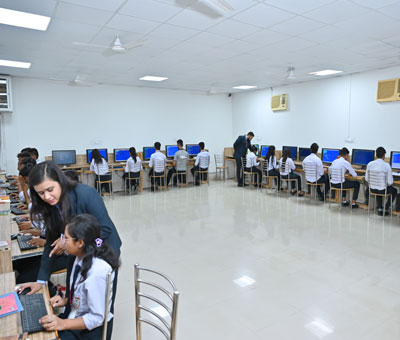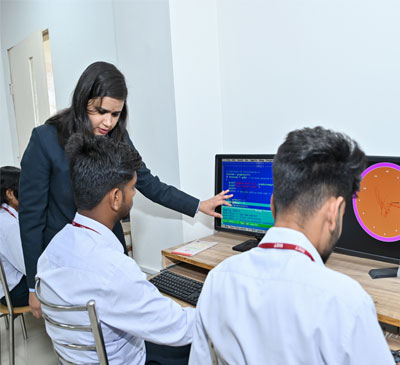First application: Creating Android Project, Android Virtual Device Creation, Set up debugging environment, Workspace set up for development, Launching emulator, debugging on mobile devices.
Basic UI design: Basics about Views, Layouts, Drawable Resources, Input controls, Input Events, Toasts.
More UI Components: Layouts – GridView and ListView, Action bar, Adapters, Menus: Option menu, context menu, sub menu, Pickers – Date and Time, Spinners.
Activity and Fragment: Activity, Fragment, Activity Lifecycle and Fragment Lifecycle.
Intents: Implicit Intents, Explicit intents, communicating data among Activities.
Navigation Drawer: Panel that displays the app’s main navigation screens on the left edge of the screen
Android Notifications – Toast, Dialogs (TimePicker, DatePicker, Progress, Alert), Notification Manager and Push Notification
Introducing SQLite – SQLiteOpenHelper and creating a database – Opening and closing a database, working with cursors Inserts, updates, and deletes















